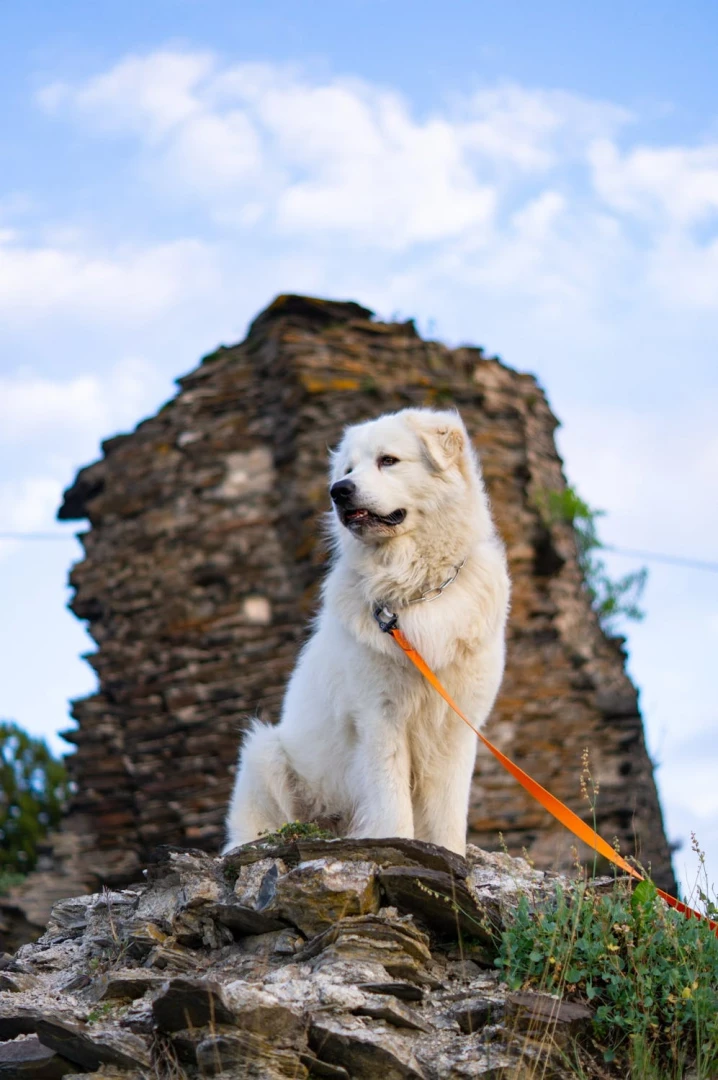
Kuvasz
About
The Kuvasz is a loyal, courageous, and intelligent breed that excels as both a guardian and a family companion. With their protective nature, strong sense of independence, and affectionate personality, Kuvasz dogs are best suited to experienced owners who understand their unique needs and can provide the exercise, training, and structure they thrive on. Their steadfast loyalty, bravery, and gentle affection make them a remarkable and devoted companion for those who appreciate their guardian instincts and strong-willed nature.
 Breed Size
Breed Size
-
Weight (Male)
50-52 kg
-
Weight (Female)
32-41 kg
-
Height (Male)
66-76 sm
-
Height (Female)
66-76 sm
 Coat
Coat
-
Fur Type
Double
-
Color
One color
 Care
Care
-
Walk
>45 minutes/day
-
Breed group
Working Group
-
Breed Size
L
-
Demeanor category
Reserved with Strangers
 Breed Traits
Breed Traits
-
Barking
-
Good with young children
-
Drooling
-
Energy level value
-
Grooming frequency value
-
Good with other dogs
-
Trainability
 Breeds Club Recognition
Breeds Club Recognition
-
Trainability Category
>Independent
-
Temperament
>Loyal, Fearless, Sweet
Description
The Kuvasz is a large, powerful livestock guardian dog, originally bred in Hungary over 1,000 years ago to protect flocks from predators. This breed descends from ancient working dogs, resulting in an intelligent, independent, and highly protective companion.
- Origin: Hungary, developed for guarding livestock.
- Smart and trainable: Quick learner but requires firm leadership.
- Loyal and protective: Forms deep bonds with its family and flock.
- Energetic and strong-willed: Requires daily exercise and mental stimulation.
- Thick, weather-resistant white coat: Needs regular grooming and sheds heavily.
The Kuvasz is a fearless and devoted guardian, excelling in protection, obedience, and farm work. With proper training and early socialization, they become well-mannered, confident pets best suited for experienced owners and large properties.
